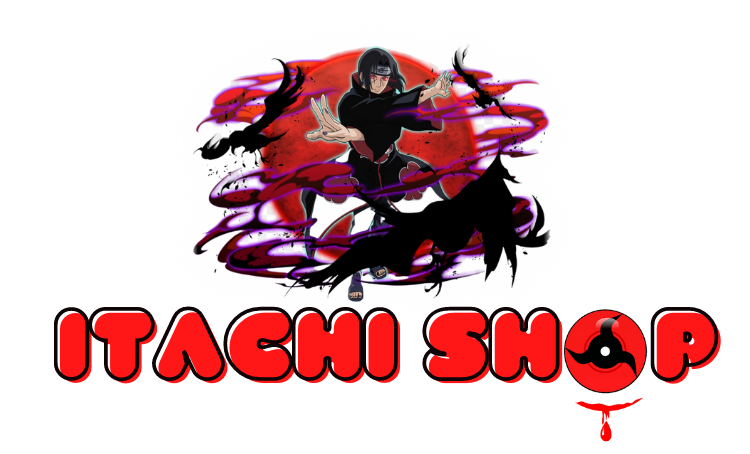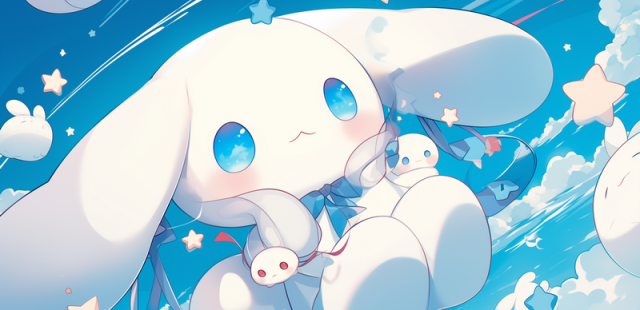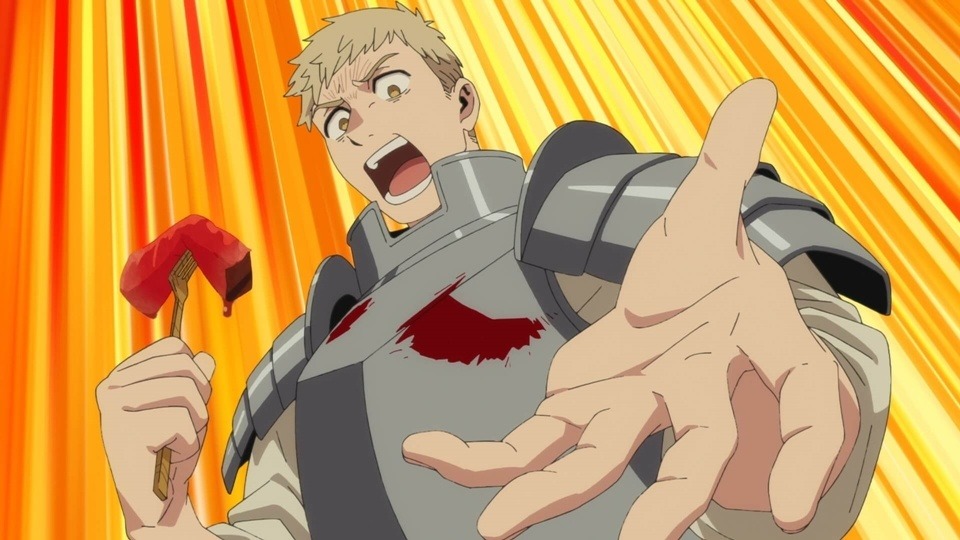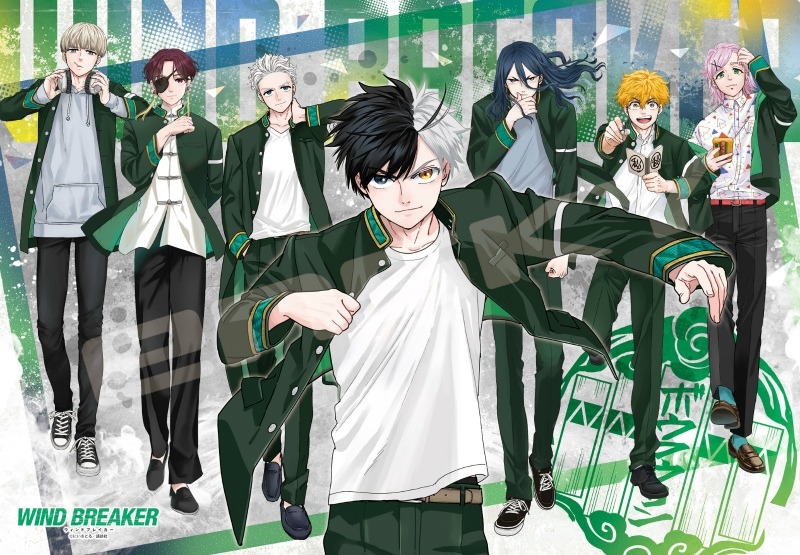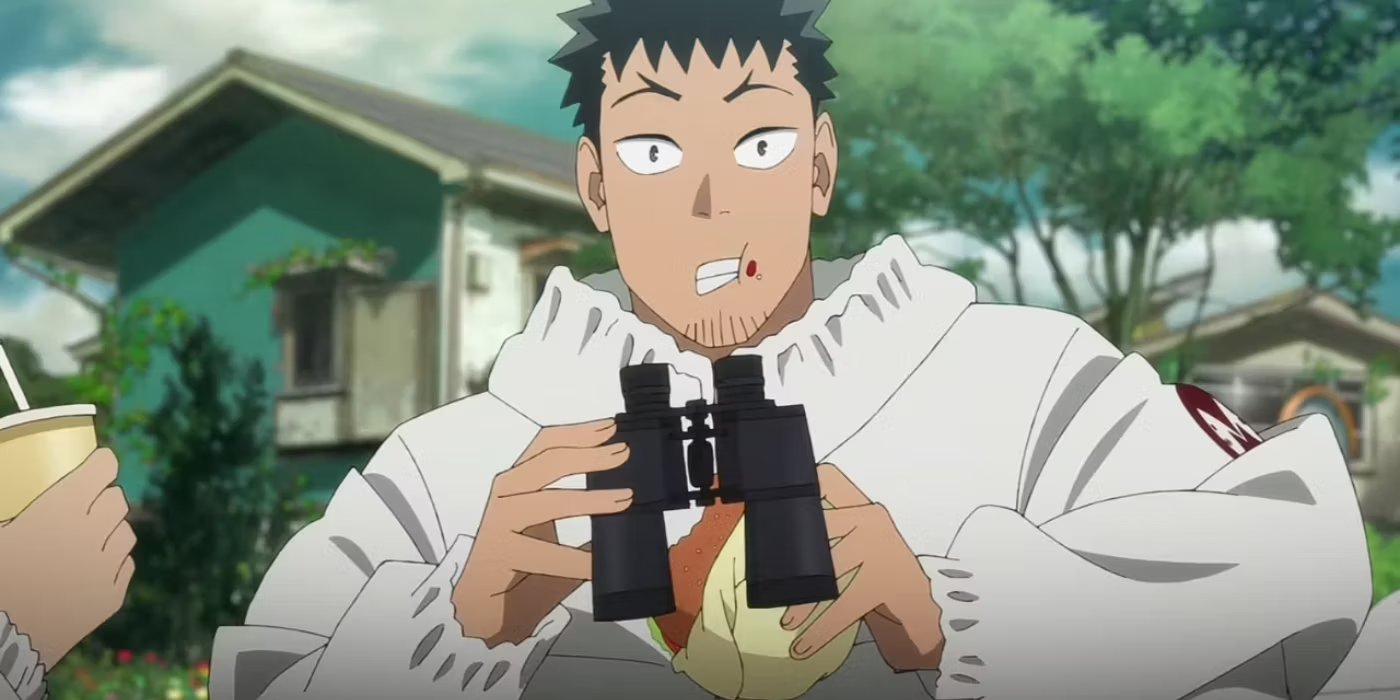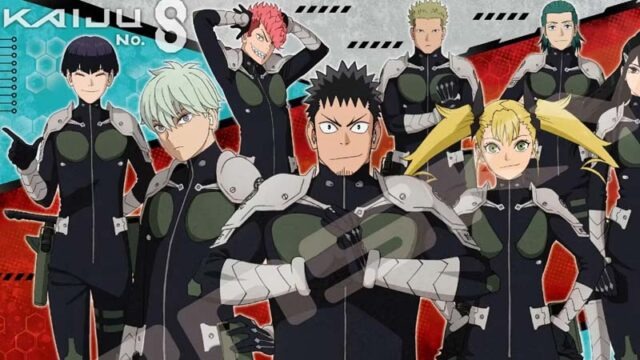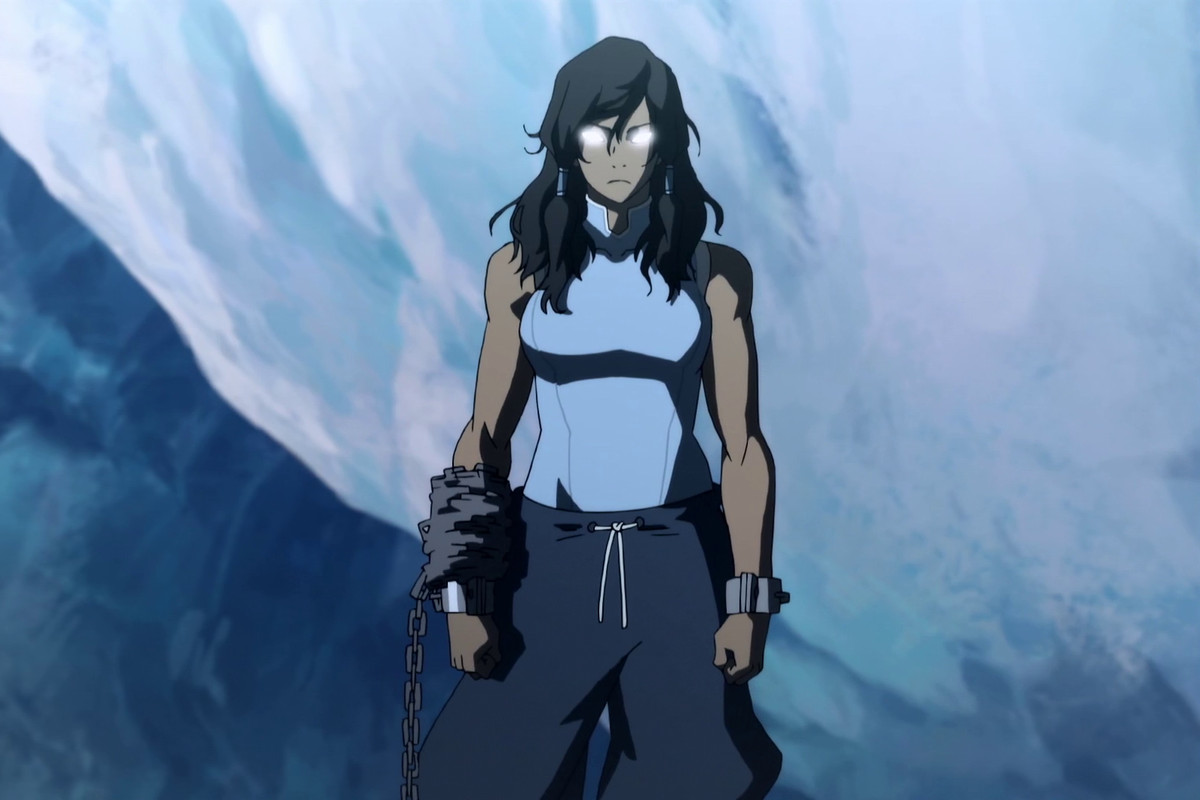Delicious in Dungeon, a popular manga series created by Ryoko Kui, has captivated readers with its unique blend of fantasy adventure and culinary delights. Set in a world where adventurers explore dungeons brimming with monsters and treasures, the series introduces a fascinating twist: the characters often cook and eat the very monsters they encounter. This intriguing concept has inspired fans to bring a bit of dungeon-based gastronomy into their own kitchens, and the Delicious in Dungeon store offers a range of merchandise to help enthusiasts embrace their culinary creativity.
One of the most delightful aspects of Delicious in Dungeon is its detailed and imaginative approach to cooking. The series showcases a variety of recipes using fantastical ingredients, from dragon meat to goblin mushrooms. These recipes are not only a key element of the story but also serve as a source of inspiration for fans looking to experiment with their own cooking.
1. Dragon Meat Stew: A Hearty Delight
Inspired by the majestic dragons of Delicious in Dungeon, a dragon meat stew is a perfect dish to start with. Although dragon meat might be a fictional ingredient, you can substitute it with hearty cuts of beef or pork. Start by simmering chunks of meat with vegetables like carrots, potatoes, and onions in a rich broth. Add spices such as thyme and bay leaves to give the stew a robust flavor. For an extra touch of fantasy, consider adding mushrooms and root vegetables to create a dish that feels like it’s straight out of a dungeon adventure.
2. Goblin Mushroom Risotto: A Savory Treat
Goblin mushrooms, with their unique properties, play a significant role in Delicious in Dungeon. To recreate this magical ingredient in your kitchen, use wild or exotic mushrooms such as shiitake or porcini. Prepare a creamy risotto by sautéing onions and garlic in butter, adding Arborio rice, and gradually incorporating vegetable or chicken broth. Stir in the mushrooms and finish with a generous sprinkling of Parmesan cheese. This dish captures the essence of the fantastical ingredients featured in the manga.
3. Minotaur Meatballs: Bold and Flavorful
Minotaur meatballs are another mouthwatering creation from Delicious in Dungeon. To make these, mix ground beef or lamb with breadcrumbs, egg, and a blend of spices such as cumin, paprika, and garlic powder. Shape the mixture into meatballs and bake or fry until cooked through. Serve them with a rich tomato sauce and a side of pasta or crusty bread. These meatballs bring a taste of dungeon cuisine to your table with bold and savory flavors.
4. Manticore Dessert Cake: A Sweet Finale
To round off your dungeon-inspired meal, try making a manticore dessert cake. While manticores are mythical creatures, you can use your favorite cake recipe and decorate it with fantastical elements. Consider a chocolate or spiced cake with a creamy frosting, and top it with edible decorations like sugar crystals or fruit to represent the magical essence of the series. This cake provides a sweet ending to your culinary adventure, allowing you to indulge in a treat that pays homage to the imaginative world of Delicious in Dungeon.
Fans of the series can find more ways to celebrate their love for the manga through the Delicious in Dungeon store. The store offers a range of merchandise, including cookbooks, themed kitchenware, and exclusive collectibles. These items not only allow fans to immerse themselves in the world of Delicious in Dungeon but also provide practical tools to enhance their own cooking adventures.
In conclusion, Delicious in Dungeon offers a rich source of inspiration for culinary creativity, transforming fantastical ingredients into real-world recipes. By recreating dishes such as dragon meat stew, goblin mushroom risotto, minotaur meatballs, and manticore dessert cake, fans can bring a touch of dungeon magic into their kitchens. The Delicious in Dungeon store further enriches this experience, providing fans with merchandise that celebrates the series and enhances their culinary explorations. So, gear up for a cooking adventure and let Delicious in Dungeon inspire your next meal.
